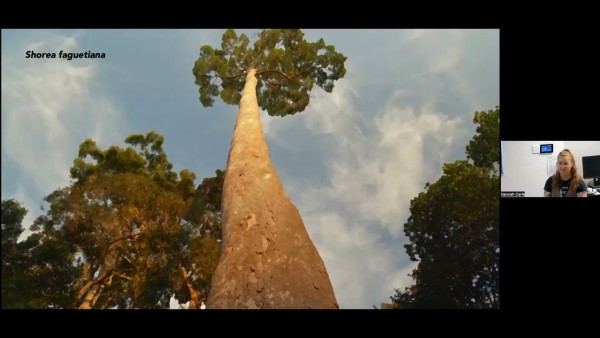E&E PhD Exit Seminar: Complexities of carbon, traits and tree performance in tropical forest
Tropical forests are globally important ecosystems that have absorbed a large portion of CO2 from fossil fuel emissions to date. As such, global demand is high for ‘future forests’ that can help mitigate the worst effects of climate change, but emerging evidence suggests that tropical forests are themselves sensitive to these climate changes. What’s more, current models cannot reliably predict tree growth and survival to inform forest management. My PhD research focused on forest carbon in Australian tropical rainforest, and the use of statistical models to describe ecological variation and tree performance in relation to functional traits. A feature of my work has been the use of long-term forest inventory datasets from the Australian tropics and a unique seedling translocation experiment in Malaysian Borneo. In this talk, I will address complexities of within-species trait variation and its consequences for predicting species performance, as well as long-term carbon sink trends in Australian tropical rainforest, and future directions relating to this field of study.
Biography
I grew up on Darkinjung country on the Central Coast, NSW, Australia. I graduated Monash University with Honours in paleoecology, in which I reconstructed the ecology of novel polar circle plant communities from the Late Cretaceous. After working in science communication for three years, I started a PhD with Patrick Meir in 2019—inspired by his ambitious throughfall exclusion experiment in the Brazilian Amazon. A collaboration with Andrew Hector, Oxford University, sent me first to the 250 ha Sabah Biodiversity Experiment, Malaysian Borneo, but COVID soon flung my PhD in a different direction, thanks to collaborations with CSIRO, the Nicotra lab and many others.





